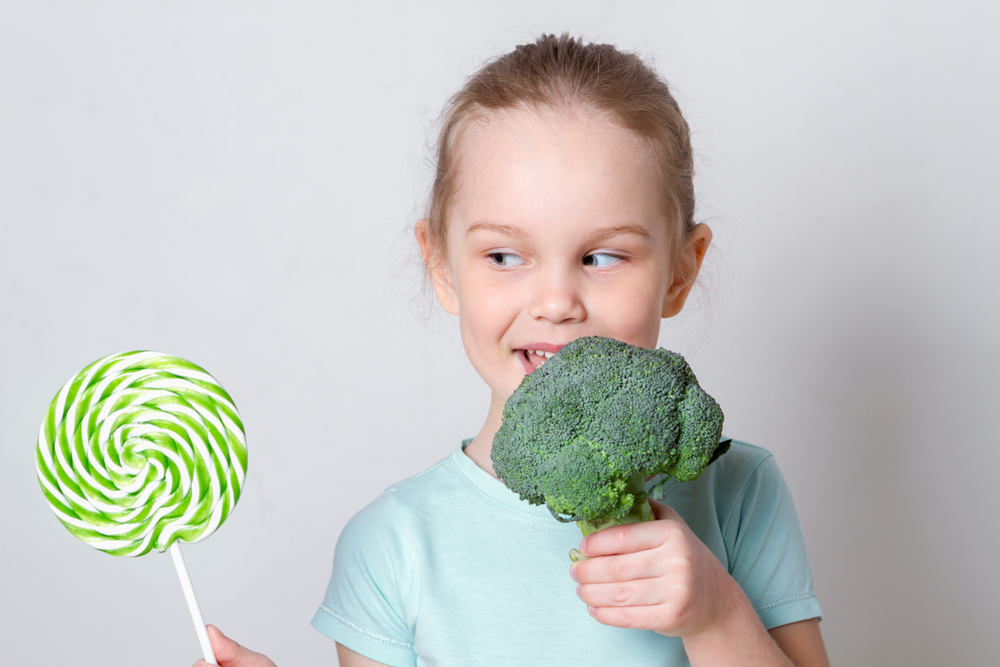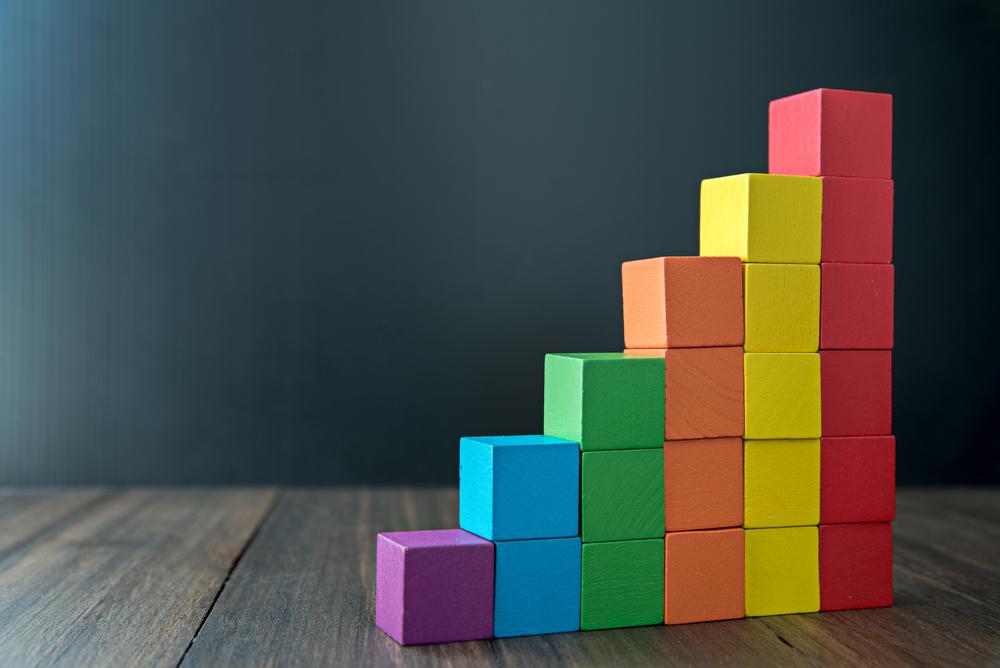Understanding citizenship Easy Worksheets for Ages 6-9
3 filtered results
-
From - To
Empower children to become active and informed citizens with our "Understanding Citizenship" easy worksheets, designed specifically for ages 6-9. Our engaging, age-appropriate resources make complex concepts like community, responsibilities, and rights accessible and fun. Through a variety of exercises, kids explore what it means to be a good citizen, encouraging responsibility, cooperation, and respect. Perfect for home or classroom use, these worksheets foster critical thinking and empathy, building a foundation for lifelong civic engagement. Equip your child with the knowledge and skills to participate meaningfully in their communities with our expertly crafted printable materials. Explore more at Kids Academy!
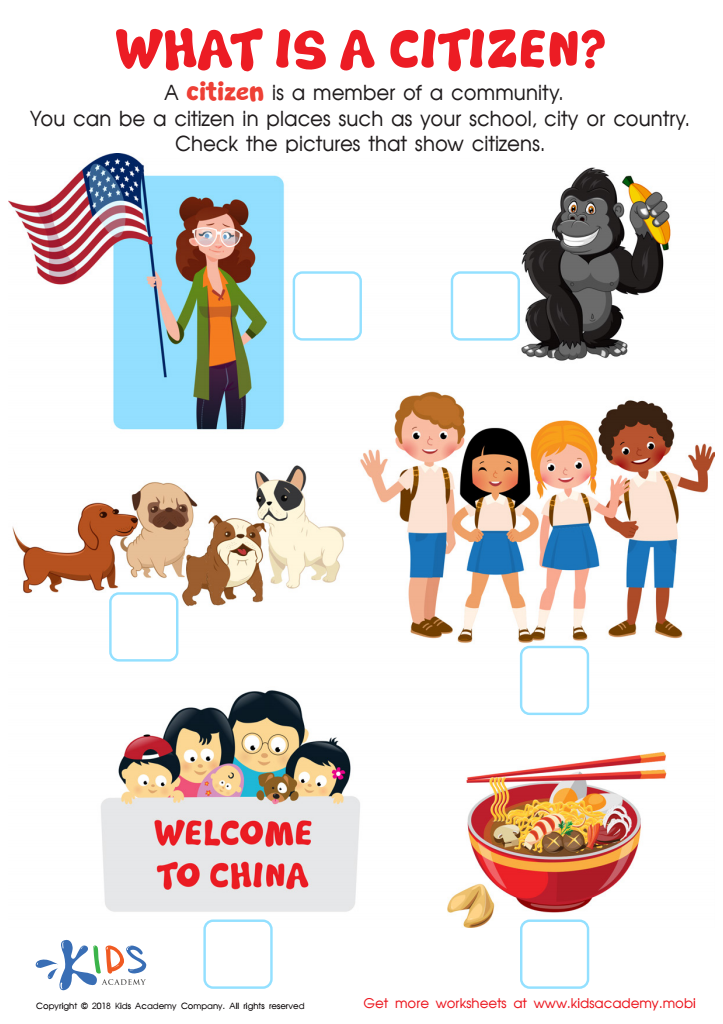

What is a Citizen? Worksheet
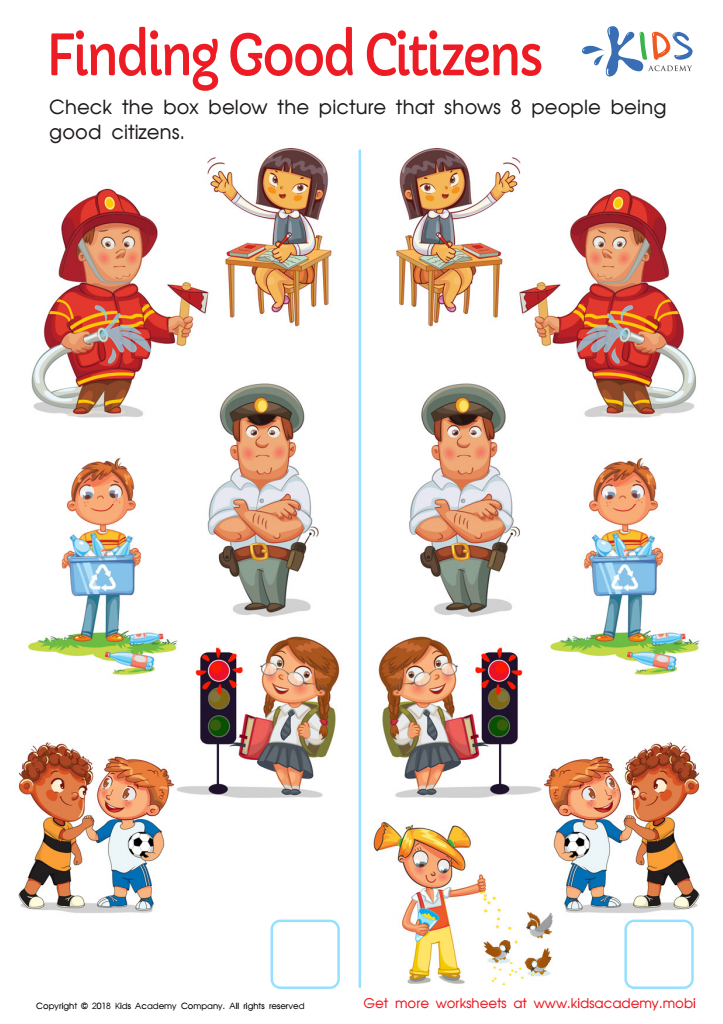

Finding Good Citizens Worksheet
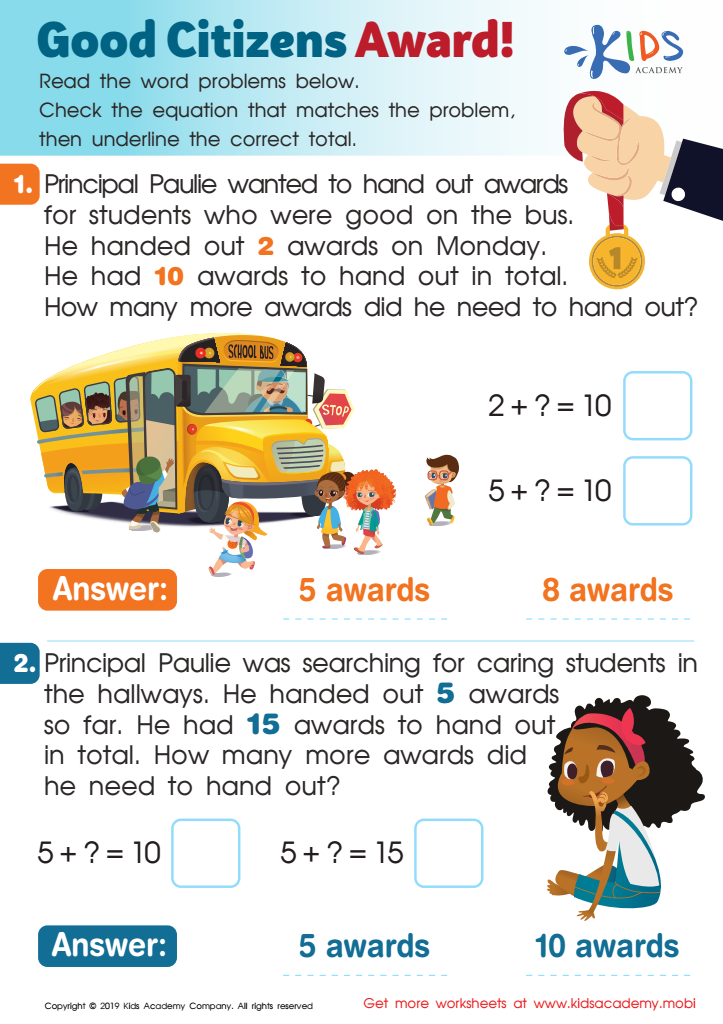

Good Citizens Award! Worksheet
Understanding citizenship at an early age is vital for children aged 6-9 because it lays the foundation for their roles and responsibilities within a community. At this formative stage, children are naturally inquisitive and begin to recognize their surroundings and relationships with others. Teaching them about citizenship helps them comprehend the basics of cooperation, fairness, and respect for others, which are crucial traits for both personal development and societal harmony.
Children educated about citizenship are more likely to value empathy and communal support. Activities such as group projects or classroom discussions make abstract civic ideals like fairness and justice tangible and relatable. This early grasp of ethics translates into positive behavior, both in and out of the classroom, fostering a peaceful and productive learning environment.
Furthermore, early education in citizenship encourages active participation in community and civic duties as the child grows older. It infuses a sense of belonging and responsibility, illustrating how individual actions impact the wider world. Over time, these lessons grow into lifelong habits where children evolve into considerate, well-rounded adults who contribute positively to society.
Overall, prioritizing citizenship education enriches a child's understanding of their community, nurturing responsible future citizens.
 Assign to My Students
Assign to My Students


